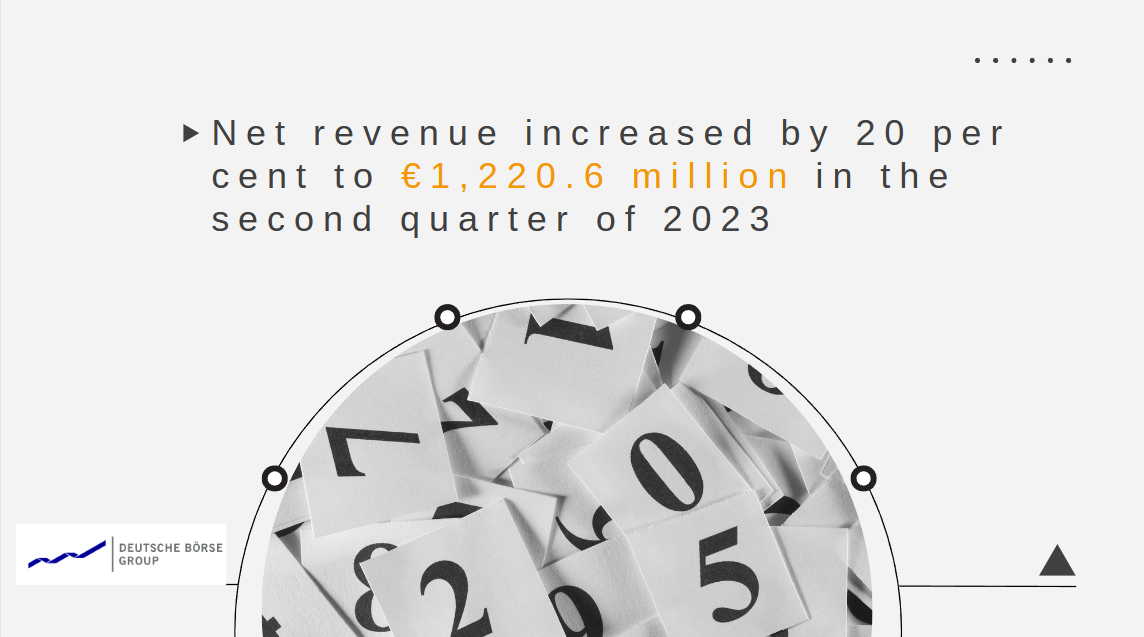Experts: Fed moves unlikely to have impact on China
China will likely keep interest rate levels tamped down for the rest of the year to boost economic growth even as US interest rates could further climb from a 22-year high, experts said on Thursday.
Competitive real interest rate levels in China will buffer the impact of elevated US interest rates on the country's cross-border capital flows and enable it to decide the pace of monetary easing mainly based on domestic factors, they said, forecasting a potential interest rate cut in the fourth quarter.
On Wednesday, the US Federal Reserve raised the target range for the federal funds rate by 25 basis points to 5.25-5.5 percent, the highest level since early 2001, as it continued to combat inflation.
The Fed has not said whether Wednesday's move marked the end of its rate hike campaign, with Fed Chair Jerome Powell stating that it is both possible for the Fed to raise or hold steady interest rates in September.
The remaining uncertainty over US tightening has left the People's Bank of China, the nation's central bank, with a key task of continuing to balance between easing monetary policy to support the economy and avoiding widening China-US monetary policy divergence, which could weaken the renminbi in the short term.
Su Jian, a professor at Peking University's School of Economics, said the Fed's next interest rate decision is not likely to significantly change the easing pace of the PBOC as the downward pressures on the Chinese economy call for more efforts to reduce corporate financing costs.
A meeting of the Political Bureau of the Communist Party of China Central Committee on Monday called for efforts to strengthen countercyclical regulation as new difficulties and challenges emerge.
"The impact of the Fed's rate hikes on the scope and speed of China's potential rate cuts is very limited as the Fed is unlikely to significantly raise interest rates further," said Lou Feipeng, a researcher at the Postal Savings Bank of China.
China still provides competitive real interest rates — which remove the effects of inflation to reflect real asset yields — when compared to the US, Lou said, which will also help China counter the potential pressure of capital outflows induced by loosening monetary policy.
Official data showed that China's real interest rate — measured by the difference between the yield of China's two-year government bonds and the growth of the core consumer price index — stood at roughly 1.7 percent as of early June, on par with the United States.
The PBOC has a track record of making interest rate decisions mainly based on domestic factors instead of the Fed's moves. While the Fed has raised interest rates at the sharpest pace on record since last year, China has instead cut interest rates moderately to support the economy, including the latest one in June.
Looking ahead, Zhu Haibin, JP Morgan's chief China economist, said he expects another modest policy rate cut in the fourth quarter.
Feng Jianlin, chief economist at Beijing FOST Economic Consulting Co, said the PBOC may cut banks' required reserves to alleviate their funding costs, which can tamp down the market-based benchmarks of interest rates.




















































First, please LoginComment After ~